Publications
Articles, publications, books, tools and multimedia features from the U.S. Institute of Peace provide the latest news, analysis, research findings, practitioner guides and reports, all related to the conflict zones and issues that are at the center of the Institute’s work to prevent and reduce violent conflict.
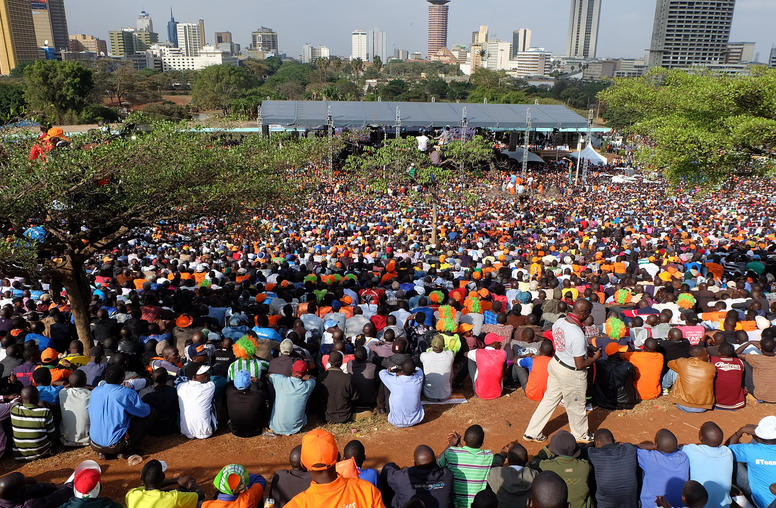
Q&A: What’s Next for Kenya After Presidential Elections?
The world watched anxiously as Kenyans prepared for presidential elections last week, concerned that the country would be unable to produce a credible vote free of violence. While some fatalities were reported in sporadic clashes between police and protesters...
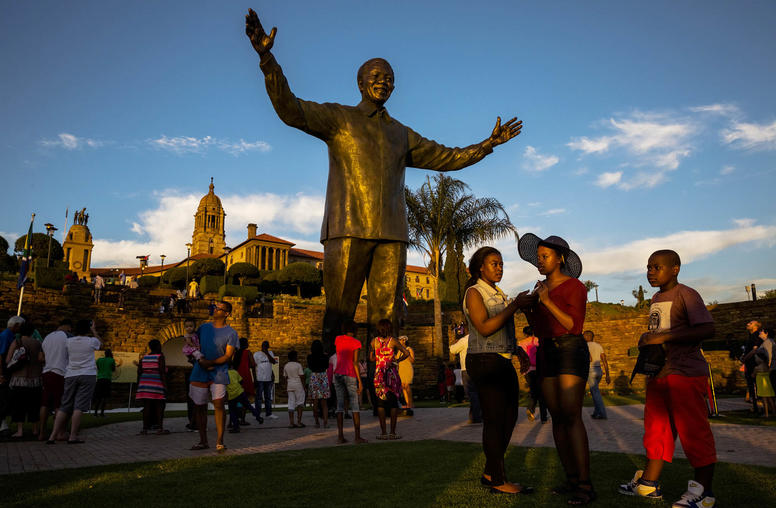
10 Years On, Mandela’s Model Can Build Peace in a Despairing World
Americans and people worldwide are alarmed, even despairing, at our world’s rise in violent conflict. Amid Russia’s assault on Ukraine and yet another brutal spasm of the Israeli-Palestinian conflict, people are rightly asking what changes our governments and communities need to halt this spread of bloodshed, notes Ambassador Johnnie Carson, a dean of diplomacy and peacebuilding. Days from now, the world will mark 10 years since the death of Nelson Mandela, the liberation leader, South African president and Nobel Peace Prize laureate. Mandela’s example, Carson says, offers reminders of what we need today to turn back the tide of warfare.
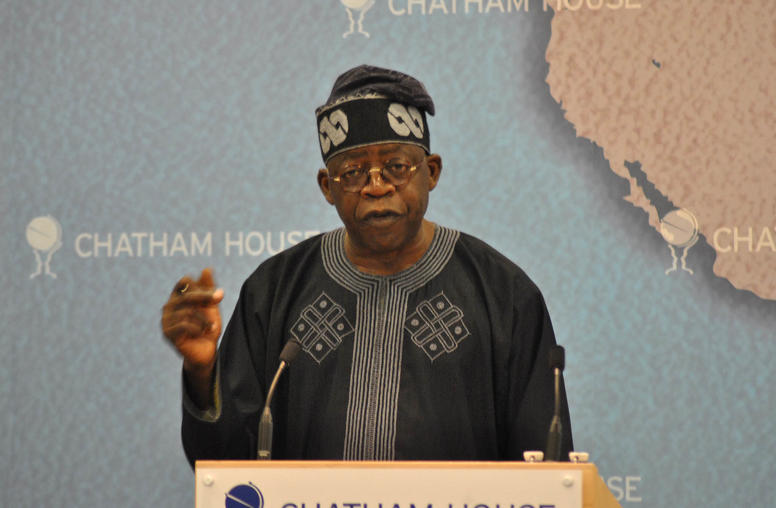
West Africa’s Leaders Face the High Stakes of Niger’s Coup
Amid the global challenges to building international stability and peace, a crisis increasingly forcing itself to the foreground — even amid those of record human displacement, climate degradation and unresolved wars — is the plunge by six countries across Africa’s Sahel region into coups d’état and military rule. Eight coups since 2020 have left 150 million people under rule by their armed forces. The latest coup, in Niger, is drawing a heightened international response, and a key player, the 15-nation West African community, today that it will pursue a long campaign of economic and diplomatic pressure, and that it sees military force as a last resort.
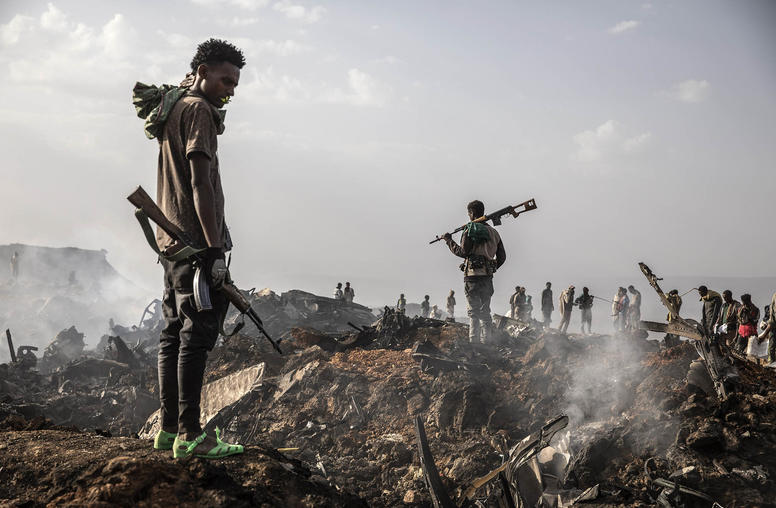
Ethiopia’s civil war is raging. How can it get on track toward peace?
In August, the devastating conflict in northern Ethiopia resumed, effectively ending the March 2022 humanitarian truce between the Ethiopian federal government and Tigrayan forces, which many hoped would pave the way for a negotiated cease-fire and peace talks. This week, the African Union’s chairperson called for an immediate cease-fire and U.S. Secretary of State Antony Blinken also called on the parties to cease hostilities and participate in talks organized by the African Union. What comes next in Ethiopia will have major implications for its people, the strategically vital Red Sea arena and for U.S. interests in the region. Stepped up, senior-level U.S. engagement is direly needed to get Ethiopia on a path toward peace.
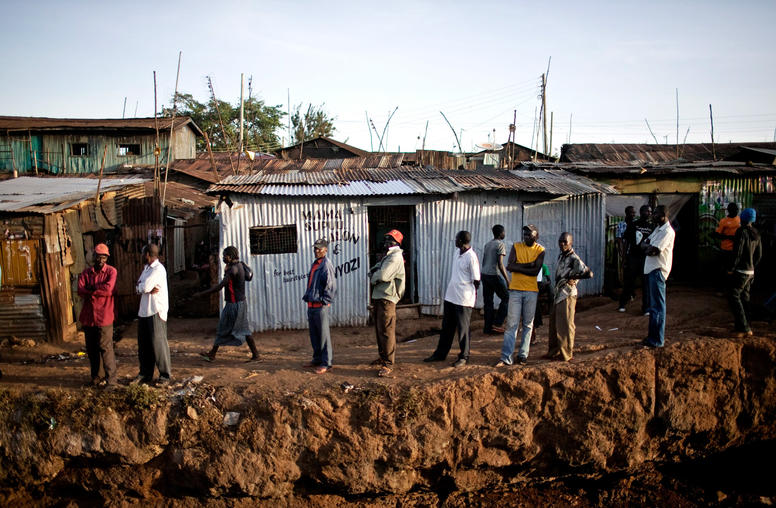
Surprise Election Ruling Raises Tension Over Kenya Vote
Kenyan President Uhuru Kenyatta called for calm after the country’s Supreme Court annulled his re-election, citing “irregularities.” He said he would accept the court’s order for a new election, similarly to the decision last month by his opponent, Raila Odinga, to challenge the election results in court...
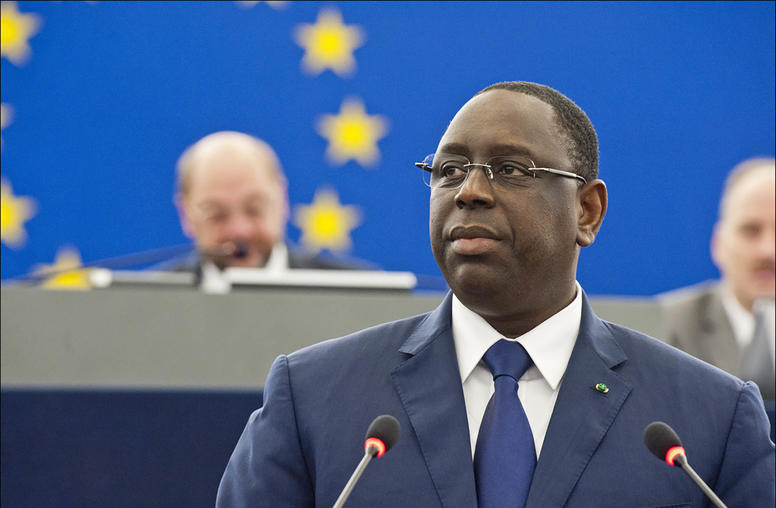
Suddenly, Senegal Is a New Risk for Democracy in Africa
The sudden actions by Senegal’s president to postpone this month’s presidential election by 10 months threaten to seriously undermine political stability and peace in a nation that has been a resilient democracy in West Africa, where multiple military coups d’état have occurred in recent years. This move poses risks of authoritarianism, violence and economic setbacks for Senegal’s 17 million people, and deeper regional insecurity. Friends of Senegal and democracy, in the United States, Africa and beyond, must unite behind the clear desire of Senegal’s people to maintain peaceful, freely elected democracy under its constitution.
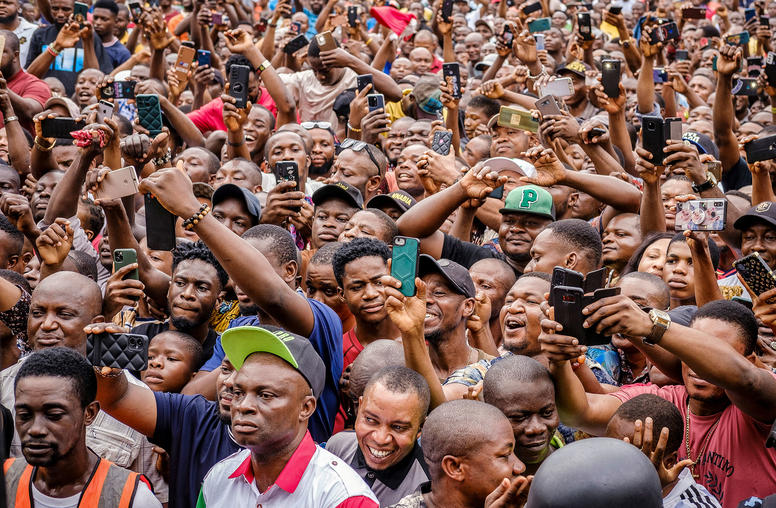
Nigeria’s Vote Signals Risks: How Its Partners Can Support Democracy
Nigeria’s disputed election 12 days ago is raising protest at home and concern abroad over its implications for the strength of democracy in that country and across Africa. Yesterday’s new wrinkle was the postponement of this week’s planned election for Nigerian state governors. Nigeria’s electoral commission is working to fix problems in a vote management system that failed to transparently process and report a result on February 25. An erosion of democracy’s credibility in Africa’s most populous nation would be catastrophic.
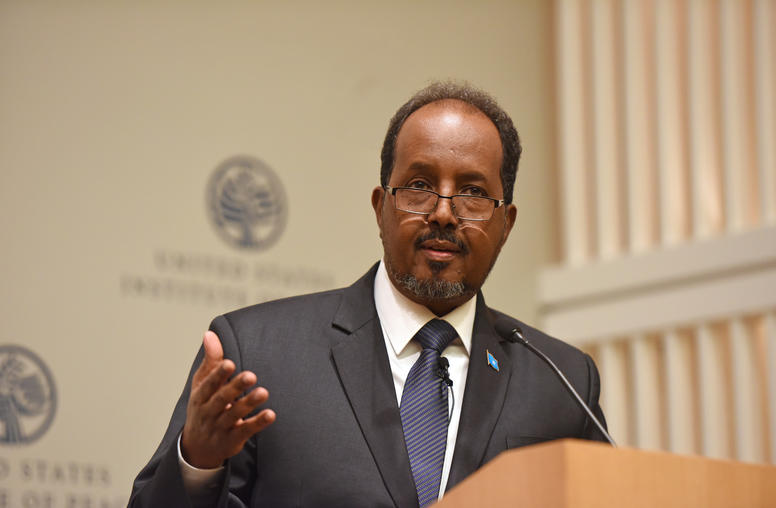
Somalia Seeks Best Possible Elections, More Security Aid
Four years after the formation of a federal government in Somalia, the country has built nascent institutions, but it will need years of financial and security support to make the new state effective, President Hassan Sheikh Mohamud said April 20 at USIP. The country’s next critical step will be to hold national elections before September, a vote that Mohamud said will be less democratic than he and other Somalis had hoped—but an improvement in a country that has not elected any government since 1969.
Assistant Secretary of State Johnnie Carson Explains the U.S. Military Mission in Uganda
Assistant Secretary of State Johnnie Carson tells a USIP audience at an event in December about the deployment of American military forces to Uganda to pursue the Josephy Kony and the Lord's Resistance Army.
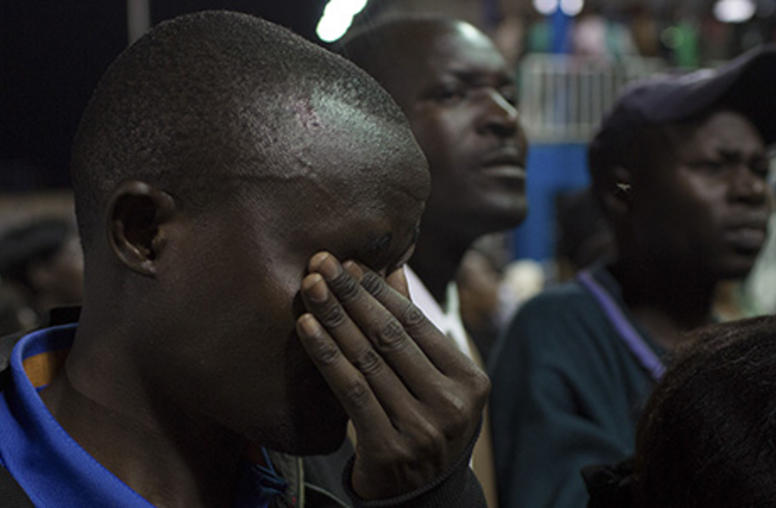
Kenya Needs a Broad Strategy Against Al-Shabab
Kenya’s government must adopt a broader strategy to counter extremist violence such as last week’s attack by the militant group al-Shabab at Garissa University, according to two experts at the U.S. Institute of Peace. The attack killed at least 147 people, mostly students.